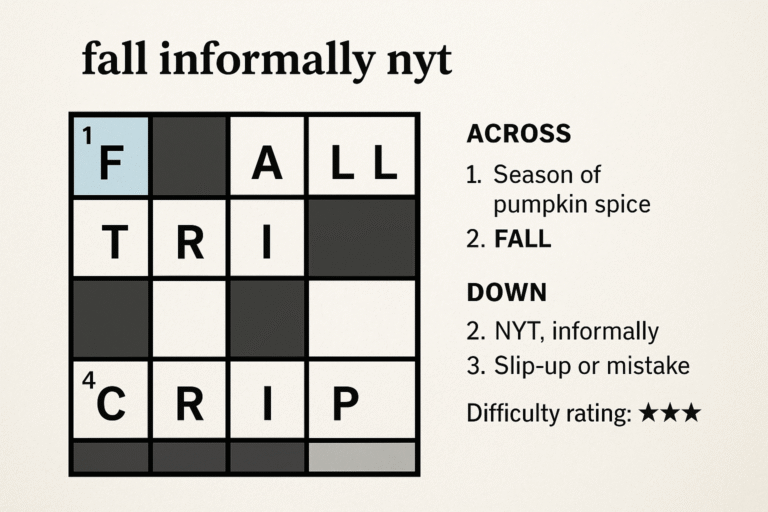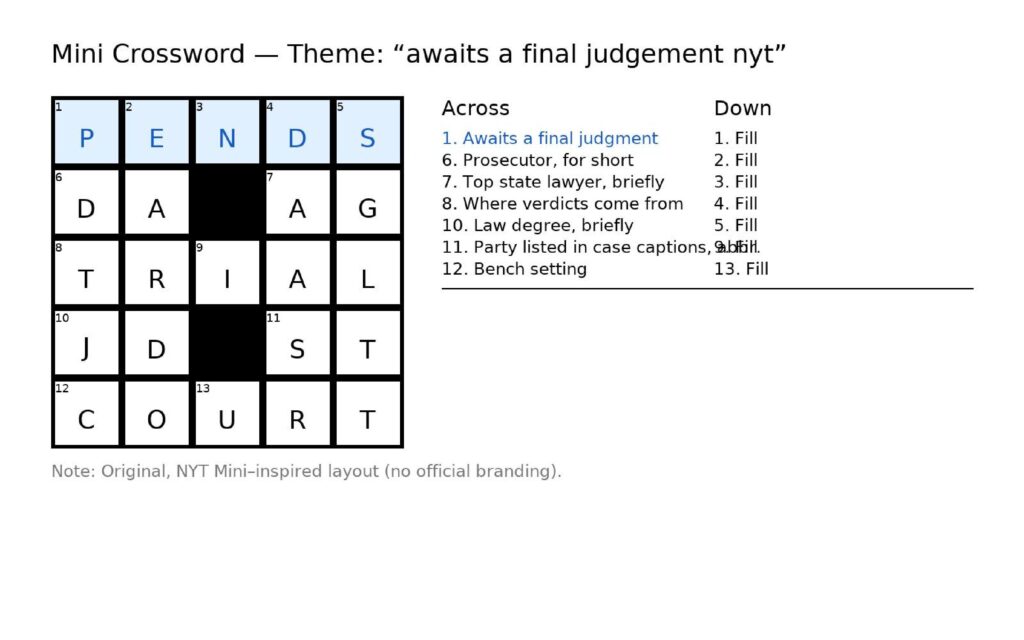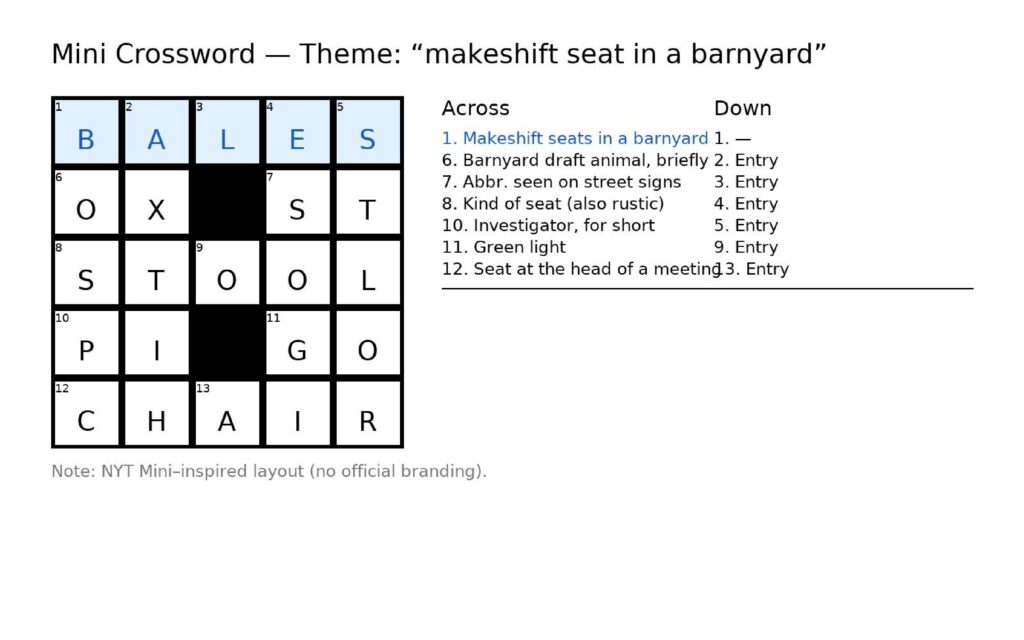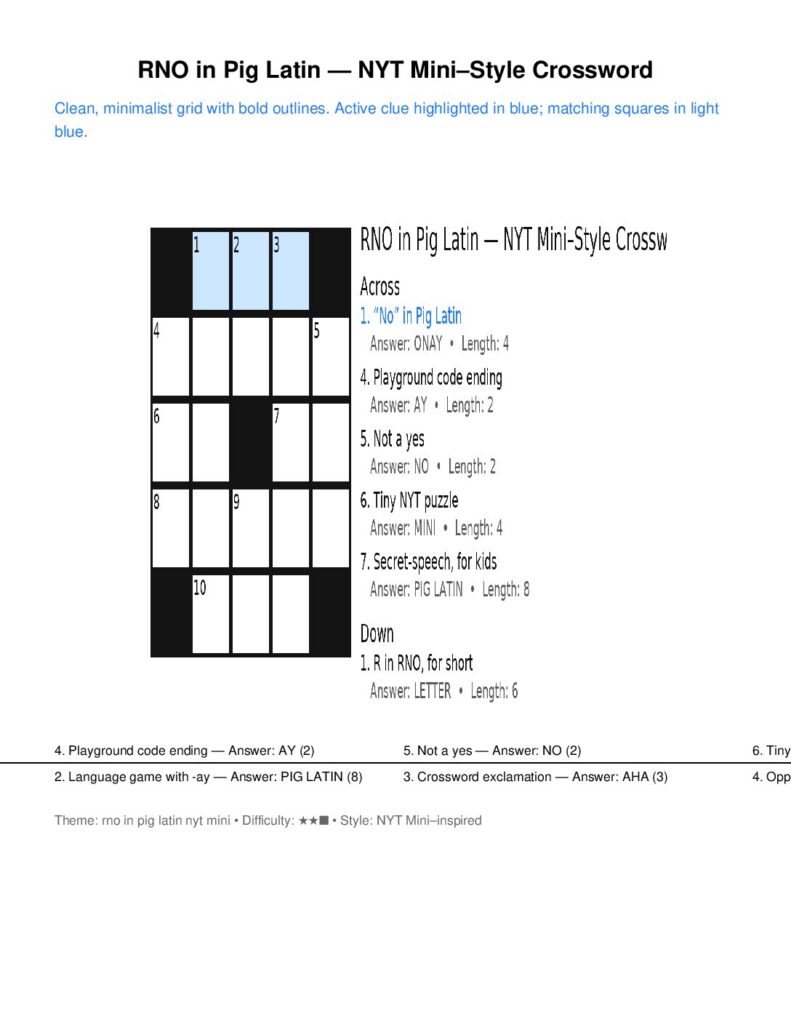By The Wandering Quill | Published: August 20, 2025
The word “fall” carries weight. It’s a season, a stumble, a sigh, and sometimes a crossword clue that makes solvers chuckle at its simplicity. The “fall informally nyt” phrase echoes like a riddle, standing at the crossroads of puzzle-solving and poetic living.
What Does “Fall Informally NYT” Mean?
The Crossword Origin
In the New York Times Mini Crossword, clues like fall, informally often point to playful synonyms: trip, slip, drop, or autumn. Each small square holds a universe of meaning.
Layers of Meaning Beyond Puzzles
To fall is human—whether in love, in failure, or into the arms of October’s golden breeze. The clue is not just about wordplay; it’s about life.
The Many Faces of Fall
Autumn’s Crisp Embrace
Leaves tumble, skies soften, and we call it fall. It’s nature’s way of teaching us how to let go gracefully.
To Stumble, To Trip, To Tumble
We’ve all felt it: knees scraped, pride bruised, but spirit awakened.
Emotional Falls We Carry
Heartbreaks, mistakes, silent sobs—we fall inside ourselves. And yet, every crossword teaches us: there’s always an answer hidden somewhere.
Crosswords as Mirrors of Life
Clues That Seem Cryptic but Reveal Truth
At first, everything looks confusing. Then clarity strikes. Isn’t that just like life?
Across and Down as Metaphors
We move across joy, down into sorrow, yet the puzzle completes only when both directions are embraced.
The Informality of Language
Why Words Bend in Puzzles
Crosswords love informality. Instead of autumn, we write fall. Instead of collapse, we use trip. Informal language is the bridge between the dictionary and the heart.
Slang, Shorthand, and Hidden Poetry
In brevity lies beauty. A single syllable—fall—can say more than paragraphs.
Hints, Answers, Trivia (Crossword Style)
Across
-
🍂 Season of pumpkin spice (Answer: FALL)
-
💔 What love sometimes makes us do (Answer: TRIP)
Down
-
📰 NYT, informally (Answer: TIMES)
-
🎭 Slip-up or mistake (Answer: SLIP)
Difficulty Rating
⭐️⭐️ out of 5 – approachable, playful, with layered meanings.
Trivia
Did you know the NYT crossword often reuses “fall” in dozens of ways—seasonal, emotional, and physical—making it one of the puzzle’s favorite words?
The Emotional Weight of Falling
Lessons from Stumbling
Every trip is a teacher. Every slip a story. Falling shows us where the ground is, so we can stand again.
The Sweetness of Rising Again
It’s not the fall that defines us—it’s the rising, the laughter afterward, the courage to continue solving.
Autumn as Teacher
Letting Go Like Falling Leaves
Trees shed not because they’re weak, but because they’re wise enough to know renewal needs release.
The Beauty in Endings
Autumn whispers: endings can be stunning, too.
Crossword-Themed Insights
Why NYT Puzzles Matter
They’re more than games—they’re rituals of wit, patience, and joy.
Fall as a Recurring Theme
From autumn to slip, the clue returns, reminding us of life itself is seasonal, playful, and profound.
Tips for Embracing Life’s Little “Falls”
Laugh at Your Stumbles
Trip on stage? Laugh louder than the audience.
Use Failure as Fertilizer
Every wrong answer feeds the right one tomorrow.
Keep Solving Your Own Puzzle
Life, like a crossword, is solved one clue at a time.
Conclusion – Beyond the Fall, Toward Flight
The phrase “fall informally nyt” is more than crossword trivia—it’s a hymn to the human condition. Whether as leaves, mistakes, or laughter, falls are part of our puzzle. And when we rise, we don’t just finish the crossword—we write poetry in the margins of life. 🍂
FAQs
1. What does “fall informally nyt” mean in a crossword?
It usually points to synonyms like autumn, trip, slip, or drop.
2. Why is “fall” a common crossword clue?
Because it’s versatile describing a season, a stumble, or an emotional moment.
3. How hard is this clue typically?
It’s usually rated easy to medium, depending on crossings.
4. Can crossword clues be metaphors for life?
Absolutely—solvers often find poetic parallels in simple clues.
5. How can I get better at NYT crossword clues like this?
By practicing daily, learning informal expressions, and embracing the playfulness of language.








